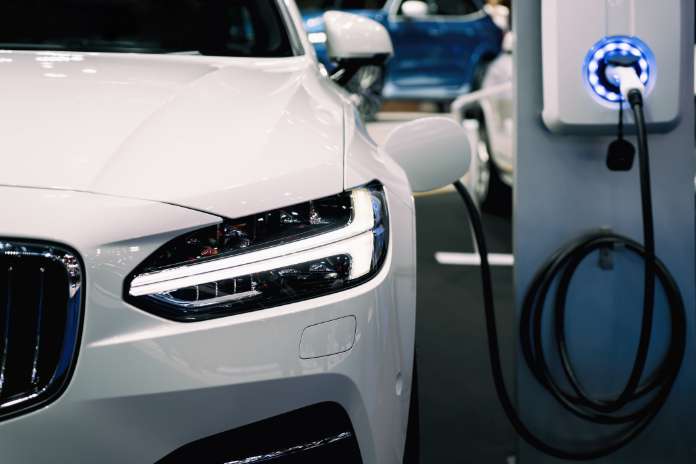Rivian Automotive (NASDAQ:RIVN) has been one of the most talked-about companies in the electric vehicle (EV) sector. As we look ahead to 2024, the question on everyone’s mind is where Rivian will stand in the competitive landscape of EV manufacturers.
Rivian, known for its innovative all-electric R1T pickup and R1S SUV, has captured the imagination of investors and consumers alike. The company has positioned itself as a formidable competitor to Tesla and traditional automakers venturing into electric vehicles. However, the journey ahead is fraught with challenges that could impact its trajectory in the coming year.
One of the critical factors influencing Rivian’s future is its production capacity. Rivian has ambitious plans to ramp up production to meet the high demand for its vehicles. As of now, the company is focused on increasing its output from its manufacturing facility in Normal, Illinois. The success of these efforts will largely determine Rivian’s ability to capture market share and grow its revenue base.
Supply chain disruptions have been a significant hurdle for many automakers, and Rivian is no exception. The global semiconductor shortage has affected production timelines, causing delays in vehicle deliveries. Rivian must navigate these challenges effectively to maintain consumer trust and investor confidence.
Another aspect crucial to Rivian’s success is its ability to innovate and expand its product lineup. The company has already teased future models, including a more affordable electric SUV and a van designed for commercial use. These additions could broaden Rivian’s customer base and enhance its competitiveness in the EV market.
Rivian also benefits from substantial financial backing, including investments from Amazon and Ford. These partnerships not only provide capital but also open doors for strategic collaborations. For instance, Rivian’s deal with Amazon involves the production of 100,000 electric delivery vans, a contract that could significantly bolster its financial performance.
Looking at the broader market, Rivian must contend with increasing competition from both established automakers and new entrants in the EV space. Companies like Lucid Motors and traditional giants like General Motors and Ford are all vying for a slice of the growing EV market. Rivian’s ability to differentiate itself through unique offerings and superior technology will be key to maintaining its edge.
Environmental, social, and governance (ESG) factors are becoming increasingly important to investors and consumers alike. Rivian’s commitment to sustainability and its efforts to minimize its environmental impact could enhance its appeal to eco-conscious consumers and investors.
In conclusion, Rivian’s prospects in 2024 will depend on a combination of production efficiency, supply chain management, product innovation, and strategic partnerships. While challenges remain, the company’s strong foundation and innovative spirit position it well for potential growth in the dynamic EV market.
Footnotes:
- Rivian’s production plans are crucial for meeting market demand. Source.
Featured Image: Megapixl @ Ake1150sb















